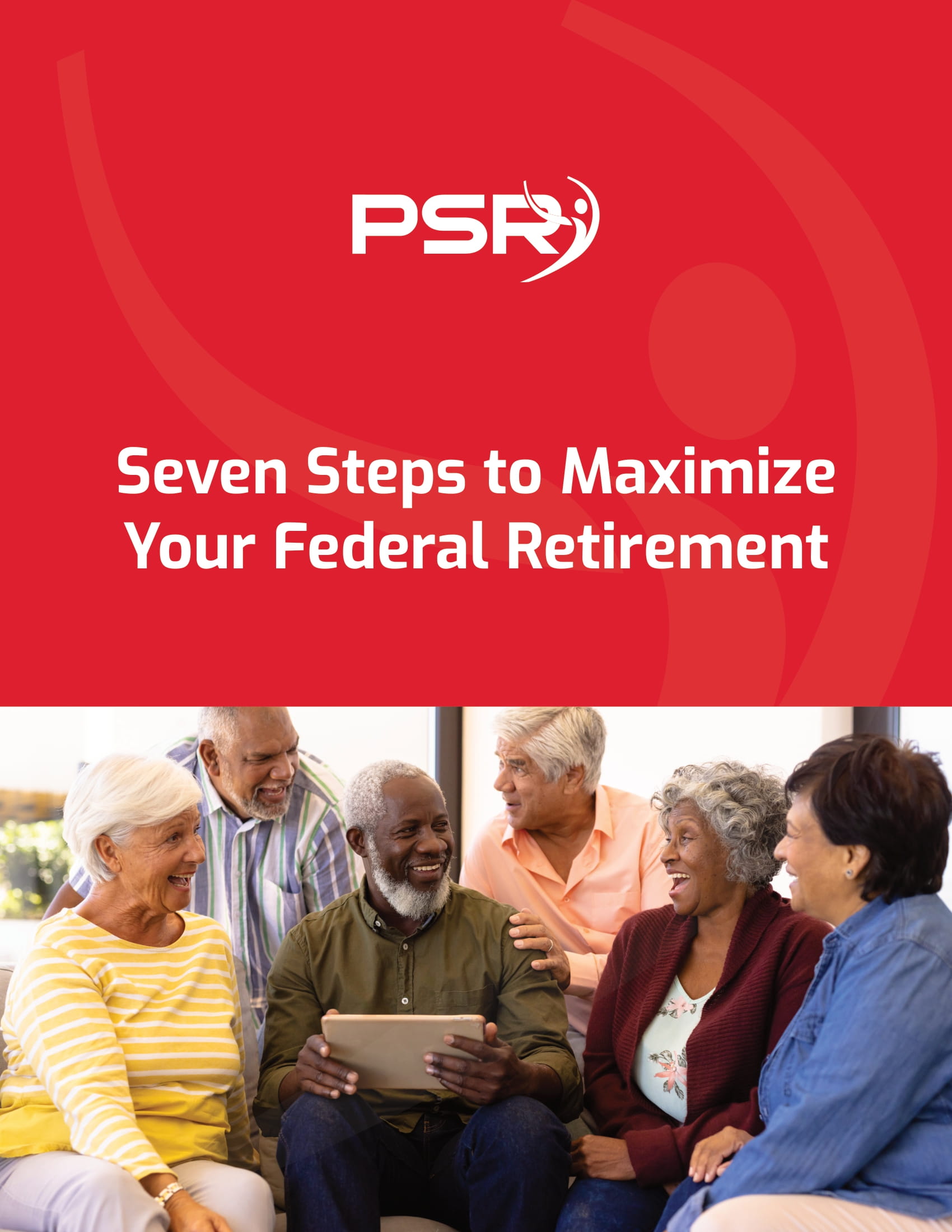Key Takeaways
- Enrolling in Medicare Part B at the right time is crucial if you want to avoid extra costs and maintain your federal health benefits seamlessly.
- Missing the Part B enrollment window could mean penalties that follow you for the rest of your retirement.
Federal Health Benefits and Medicare: What You Need to Know
Let’s face it, the timing of Medicare enrollment can feel like a maze, especially when you’re also managing your federal benefits. With the wrong move, you could end up paying higher premiums
- Also Read: Divorce and Your Federal Pension—What Happens When You Split Assets and How It Could Affect Your TSP
- Also Read: What Happens to Your Federal Benefits After Divorce? Here’s the Lowdown
- Also Read: The Best FEHB Plans for 2025: Which One Fits Your Lifestyle and Budget the Best?
What Is Medicare Part B, and How Does It Fit into Your Retirement?
Medicare Part B covers doctor visits, outpatient care, and preventive services. If you’re retiring from a federal position, Part B becomes an essential piece of your healthcare puzzle. It works alongside your Federal Employee Health Benefits (FEHB) or Postal Service Health Benefits (PSHB) plan, ensuring comprehensive coverage. But here’s the kicker—when and how you enroll in Part B can directly impact your federal benefits. Missing key deadlines or skipping Part B entirely could be a costly mistake.
Timing Is Everything: When Should You Enroll in Medicare Part B?
The timing of your enrollment is crucial. Medicare Part B enrollment typically begins three months before your 65th birthday and lasts until three months after. But here’s where it gets tricky for federal retirees: If you delay enrolling in Part B, thinking your FEHB or PSHB plan is enough, you could end up paying for it in the long run—literally.
The general enrollment period for Part B runs from January 1 to March 31 each year. If you miss your initial enrollment period, you’ll need to wait until this window opens again, which can leave you without full coverage for months. And worse yet, you could face penalties. For every year you delay enrollment, you’ll incur a 10% increase in your Part B premium. And yes, those penalties stick with you for life.
What If You’re Still Working?
If you’re still working past 65, you can delay your Medicare Part B enrollment without facing penalties, thanks to a Special Enrollment Period (SEP). This gives you eight months after you retire or lose your group coverage to sign up without a late penalty. This is a bit of a relief for those of us who aren’t ready to hang up our hats right at 65. However, the SEP doesn’t last forever, so you’ll want to plan your transition carefully.
Do You Need Medicare Part B with FEHB or PSHB?
This is one of the most common questions federal employees have. The answer largely depends on your financial situation and health needs. While FEHB or PSHB provides excellent coverage, enrolling in Medicare Part B offers additional protection. For one, it can reduce your out-of-pocket expenses by covering costs that your federal plan doesn’t. If you decide to stick with just your FEHB or PSHB coverage and forgo Medicare Part B, you’ll still be covered, but you may end up paying more in co-pays and deductibles.
Also, starting in 2025, Postal employees will transition from FEHB to PSHB plans. This transition will make Medicare Part B enrollment mandatory for future retirees to keep their coverage. If you’re already retired and enrolled in FEHB, you won’t be required to join Part B, but it’s still worth considering, especially if you’re facing rising healthcare costs.
Avoiding Penalties and Planning Ahead
Once you turn 65, it’s crucial to understand your enrollment options. Missing your enrollment window or deciding to opt-out of Part B could lead to long-term consequences. I’m talking about penalties, higher out-of-pocket costs, and the possibility of losing coordination between your federal health plan and Medicare. Plus, penalties add up quickly—remember that 10% increase for every year you delay enrollment? That doesn’t go away. You’ll pay that extra amount for as long as you have Medicare Part B.
In 2024, the standard Part B premium is $174.70 per month, but it’s higher for individuals with greater incomes. If you delay enrollment for even one year, that 10% penalty will stick around, making your premium jump to $192.17 per month. That’s just one year of delay. Imagine how much it could increase if you wait longer.
How Medicare Part B Works with FEHB and PSHB
When you enroll in Medicare Part B, it becomes your primary insurance, and FEHB or PSHB becomes secondary. This coordination of benefits reduces what you pay out of pocket. Your federal plan will typically cover what Medicare doesn’t, like co-pays or deductibles, ensuring that you have comprehensive coverage without paying for unnecessary services.
Here’s where timing matters: If you don’t enroll in Part B when you’re first eligible and later decide to enroll, you could miss out on these savings. FEHB or PSHB plans often work better with Medicare Part B than without it, so the earlier you make the decision, the smoother your coverage will be.
Making the Right Decision for Your Health and Wallet
Ultimately, the decision to enroll in Medicare Part B comes down to your specific health needs and financial situation. Are you willing to pay higher co-pays and deductibles just to avoid paying an additional premium? Or do you want the peace of mind that comes with knowing that Medicare will cover most of your healthcare expenses?
One option is to consult with a financial advisor who specializes in federal benefits. They can give you a clearer picture of how Medicare Part B fits into your overall retirement plan and whether it’s worth the cost based on your health and income.
Plan for Rising Healthcare Costs
Even if you’re currently healthy, healthcare costs tend to rise as we age. FEHB premiums have already increased by 7.7% in 2024, and they’re expected to keep climbing. Medicare Part B can help keep these rising costs in check, reducing your out-of-pocket expenses. Keep in mind, though, that you need to stay enrolled in both plans for this strategy to work. If you drop Part B, you’ll lose the safety net that Medicare provides.
What Happens if You Don’t Enroll?
If you decide to skip Medicare Part B altogether, you’ll likely face higher healthcare costs as you age. Your FEHB or PSHB plan will cover you, but not at the same level as if it worked alongside Medicare. You’ll be responsible for higher deductibles and co-pays, which can add up quickly if your health takes a turn.
For those of you in the postal workforce, remember that PSHB will soon require Part B enrollment, meaning you can’t entirely avoid it unless you want to lose coverage. Timing is everything, so make sure you understand the costs and deadlines involved.
Take Control of Your Healthcare Future
There’s no one-size-fits-all answer when it comes to Medicare Part B and your federal benefits. But timing your decision properly can save you from higher premiums and penalties down the road. Stay proactive and review your options before you hit key enrollment milestones. It’s better to prepare now than to face a financial headache later.











